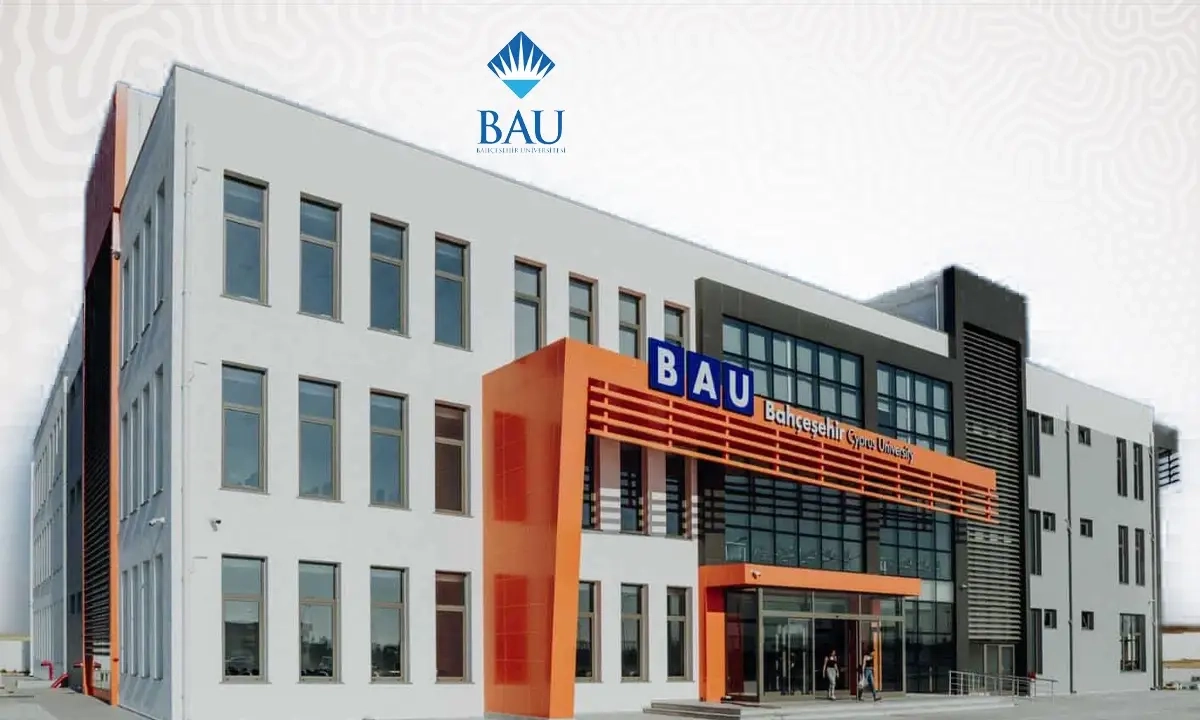Faculty: Graduate School of Social Sciences
The Film and Television major focuses on the creative and artistic aspects of filmmaking and television production. Students gain skills in screenwriting, directing, cinematography, editing, sound design, production management, industry trends, and are prepared for careers in film and television, digital media, and related fields.
Learning Objectives:
- Understand the principles of film and television production.
- Develop skills in screenwriting, directing, and cinematography.
- Learn editing, sound design, and post-production techniques.
- Explore production management and industry practices.
- Analyze the history, theory, and criticism of film and television.
- Develop critical thinking, problem-solving, and creative skills.
- Gain practical experience through projects and internships.
Main Syllabus:
- Introduction to Film and Television
- Overview of film and television principles, history, and current trends.
- Screenwriting
- Basics of writing scripts for film and television.
- Directing
- Principles of directing and setting up for film and television.
- Cinematography
- Camera operation, lighting, and composition techniques.
- Editing
- Methods for editing film and television content using industry-standard software.
- Sound Design
- Principles of recording, editing, and mixing sound for film and television.
- Production Management
- Techniques for managing film and television production, including budgeting, scheduling, and crew management.
- History of Film and Television
- Exploring the historical development of film and television.
- Film and Television Theory
- Study of theoretical approaches to analyzing film and television.
- Documentary Filmmaking
- Principles of making documentary films and programs.
- Digital Media Production
- Techniques for producing content for digital platforms and new media.
- Internship
- Real-world experiences in film and television production companies, studios, networks, or related organizations.
- Graduation Project
- A comprehensive project applying skills in filmmaking and television production, such as producing a short film, directing a TV episode, or creating a documentary.
Assessment Methods:
- Analysis of film and television principles
- Screenwriting projects
- Directing projects
- Cinematography projects
- Editing projects
- Sound design projects
- Production management projects
- Film and television history projects
- Film and television theory projects
- Documentary filmmaking projects
- Digital media production projects
- Internship reports
- Graduation projects and presentations
Recommended Textbooks:
- "Introduction to Film and Television"
- "Screenwriting"
- "Directing for Film and Television"
- "Cinematography"
- "Editing for Film and Television"
- "Sound Design"
- "Production Management"
- "History of Film and Television"
- "Film and Television Theory"
- "Documentary Filmmaking"
- "Digital Media Production"
Prerequisites:
Basic knowledge of media production and writing, along with an interest in film and television.
Duration:
The duration for obtaining a bachelor's degree in film and television is typically 4 years.
Certifications:
- Graduates can obtain certifications such as:
- Certified Film and Television Professional (CFTP)
- Certificates in specific programs and techniques in film and television
Target Audience:
Aspiring filmmakers, television producers, directors, cinematographers, editors, sound designers, production managers, and professionals looking to work in film and television production companies, studios, networks, digital media platforms, and related fields. This major equips students with the creative, artistic, and managerial skills necessary to excel in film and television production, supporting careers in various roles within film and television production companies, studios, networks, digital media platforms, and related fields. The program offers comprehensive education in film and television principles, screenwriting, directing, cinematography, editing, sound design, production management, history, theory, documentary filmmaking, digital media production, and practical experience through internships and projects, preparing students for successful careers in this field.

